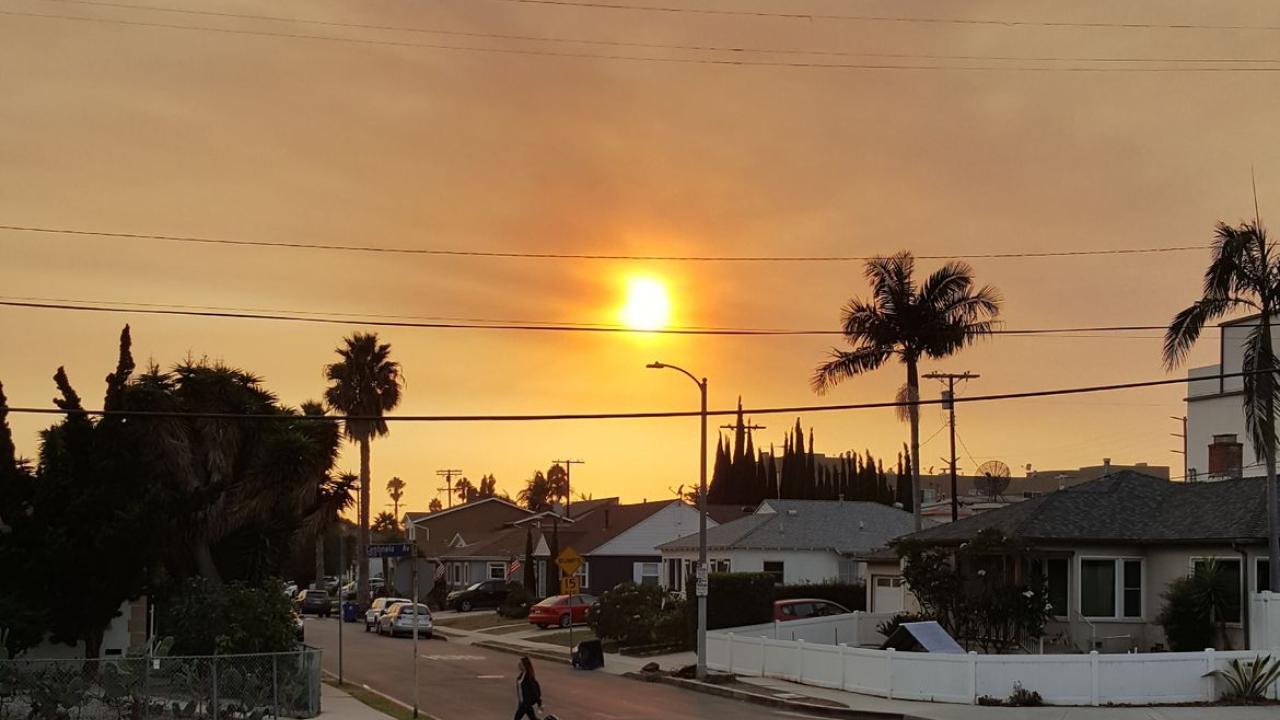A new study co-authored by Daniel Swain, climate scientist with the UCLA Institute of the Environment and Sustainability, shows a startling increase in extreme air pollution days. The research focused on ground-level ozone and fine particulate matter (PM 2.5), two pollutants strongly linked to adverse health effects such as decreased lung function, irregular heartbeat and even, in extreme cases, premature death.
Researchers found that nearly every major city from the Pacific Coast to the eastern Rocky Mountains, including Los Angeles, is experiencing extremely high levels of air pollution. In this context, “extremely high” pollution days are those in the 90th percentile of the daily average set over the study’s 20-year span. These shifts are climate related, with the years between 2000 and 2020 witnessing a startling increase in wildfires and stagnant, hot weather patterns. Increases in prevalence of wildfires and heat, and the resultant increase in pollution, raises numerous public health concerns.
The study was based on pollution data acquired at U.S. Environmental Protection Agency monitoring sites, as well as atmospheric observations and data on atmospheric pressure and temperature. While the data covered the 20 years between 2000 and 2020, researchers believe these poor air quality trends are likely to worsen for at least the next few decades.
“It has gotten hotter, wildfire conditions have gotten worse and we’re seeing more persistent periods of high atmospheric pressure,” he said. “Each of those factors is projected to increase in the coming years.”
However, there is some potential for immediate relief. Researchers point to the regulation and reduction of nitrous oxide and volatile organic compound emissions, ozone precursors, as methods of improving public health conditions on a faster timeline.
Read more about the study and its findings at UCLA Newsroom.
Study Authors
Daniel L. Swain, UCLA Institute of the Environment and Sustainability, Capacity Center for Climate and Weather Extremes, The Nature Conservancy of California
Dmitri A. Kalashnikov, Washington State University School of the Environment
Jordan L. Schnell, University of Colorado Boulder Cooperative Institute for Research in Environmental Sciences
John T. Abatzoglou, UC Merced Management of Complex Systems Department
Deepti Singh, Washington State University Vancouver School of the Environment
Image Source: Sean Brenner





